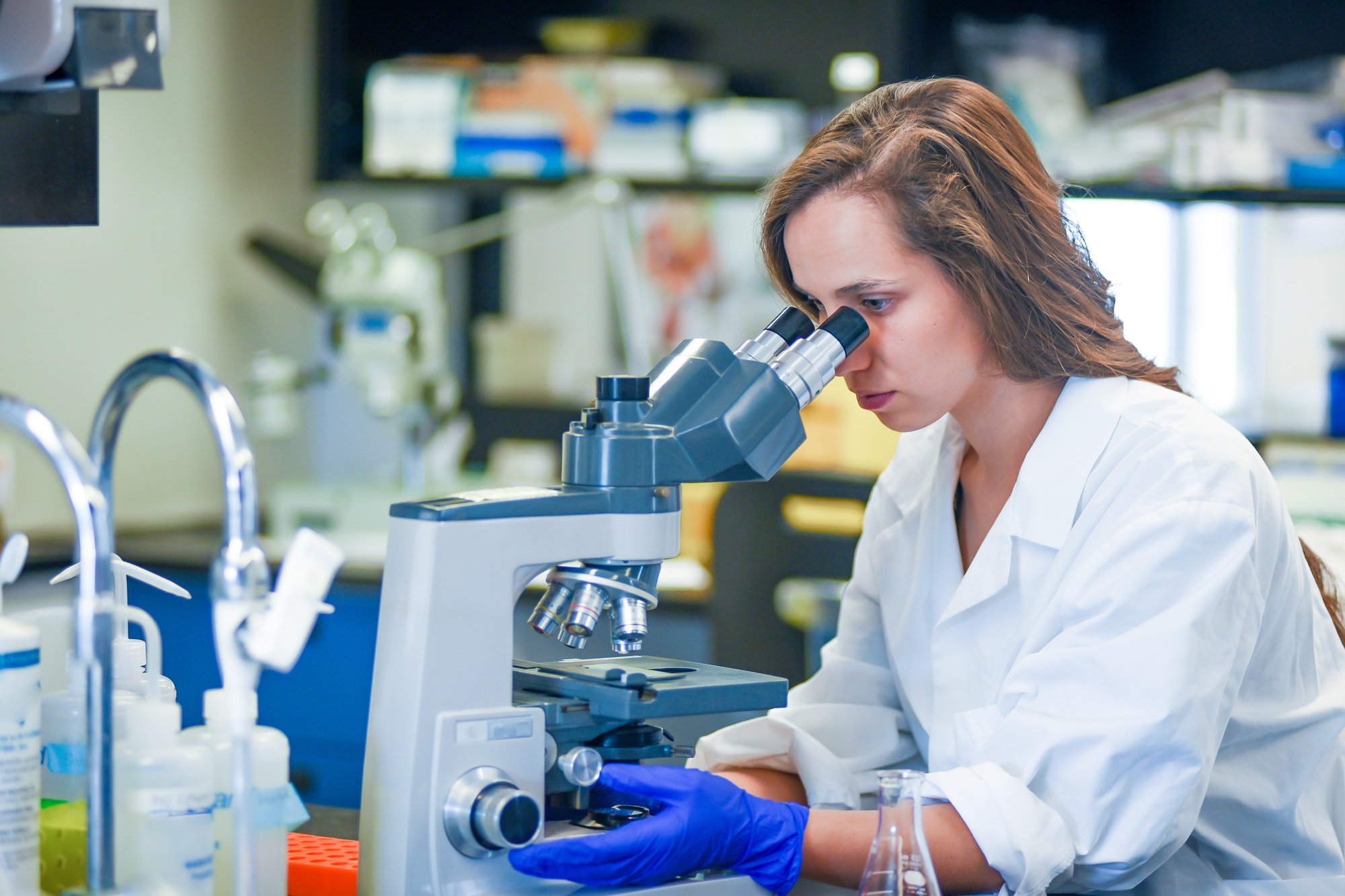Unlocking the Power of the Immune System: The Future of Immunoscience
The immune system is one of the most complex and fascinating networks within the human body. It serves as the frontline defense against disease, but in recent years, science has revealed that its potential goes far beyond fighting infections. Unlocking the full capabilities of the immune system—what experts are calling immunoscience—represents a transformative frontier in medicine. This emerging field is not only helping researchers understand disease in new ways but is also paving the way for therapies that could redefine the future of healthcare.
At the core of immunoscience lies a shift from treating symptoms of disease to targeting the root cause—dysregulation within the immune system. Instead of focusing solely on a specific condition, scientists are now examining immune pathways and mechanisms across multiple diseases. This means that discoveries in one area, such as autoimmune disorders, can inform progress in others, like cancer or cardiovascular disease. By breaking down traditional barriers between disease categories, immunoscience is creating opportunities for breakthroughs that were previously unimaginable.
One of the most exciting aspects of this evolution is the use of advanced technologies such as artificial intelligence (AI) and machine learning. These tools allow researchers to analyze massive datasets, uncover hidden immune patterns, and predict treatment outcomes with greater accuracy. The integration of AI into immunoscience is accelerating the pace of discovery, enabling pharmaceutical leaders to design therapies that are not only more effective but also more personalized to the unique biology of each patient.
In oncology, immunoscience has already proven its transformative potential. Immunotherapies such as checkpoint inhibitors and CAR-T cell therapy have changed the standard of care for many cancer patients, offering new hope where traditional treatments often fell short. These therapies harness the immune system’s natural ability to recognize and eliminate cancer cells, turning the body’s defenses into a powerful weapon against one of the most devastating diseases of our time.
Beyond cancer, immunoscience is opening new doors in the treatment of chronic diseases such as diabetes, cardiovascular conditions, and autoimmune disorders. By identifying shared immune pathways that influence these diseases, researchers are developing therapies that can potentially address multiple conditions at once. This holistic approach to treatment promises not only better outcomes but also more efficient use of healthcare resources—benefiting both patients and providers.
Another promising frontier is vaccine innovation. The global response to COVID-19 showcased the immense potential of immunoscience in real time. New vaccine platforms, such as mRNA, have demonstrated how quickly science can adapt and respond to emerging threats. Building on these successes, pharmaceutical innovators are working to expand vaccine applications to combat not only infectious diseases but also chronic illnesses, and even certain cancers.
Equally important is the patient-centered approach that underpins modern immunoscience. Patients are no longer passive recipients of treatment but active contributors to research and development. By integrating patient insights and experiences into every stage—from discovery to clinical trials—pharmaceutical companies are ensuring that the therapies of tomorrow address real-world needs and improve quality of life in meaningful ways.
Global collaboration is also essential to unlocking the power of the immune system. Partnerships between pharmaceutical companies, academic institutions, governments, and biotech innovators are driving progress faster than ever before. Sharing knowledge, data, and resources enables breakthroughs that no single organization could achieve alone, creating a collective momentum toward advancing human health.
Ultimately, the future of immunoscience is one of limitless potential. By unlocking the full power of the immune system, we stand on the brink of a medical revolution that could redefine how we prevent, manage, and cure disease. From groundbreaking immunotherapies to next-generation vaccines, the promise of immunoscience lies in its ability to transform lives across the spectrum of human health. For patients worldwide, the journey into this new era has only just begun—and its impact will be nothing short of extraordinary.





